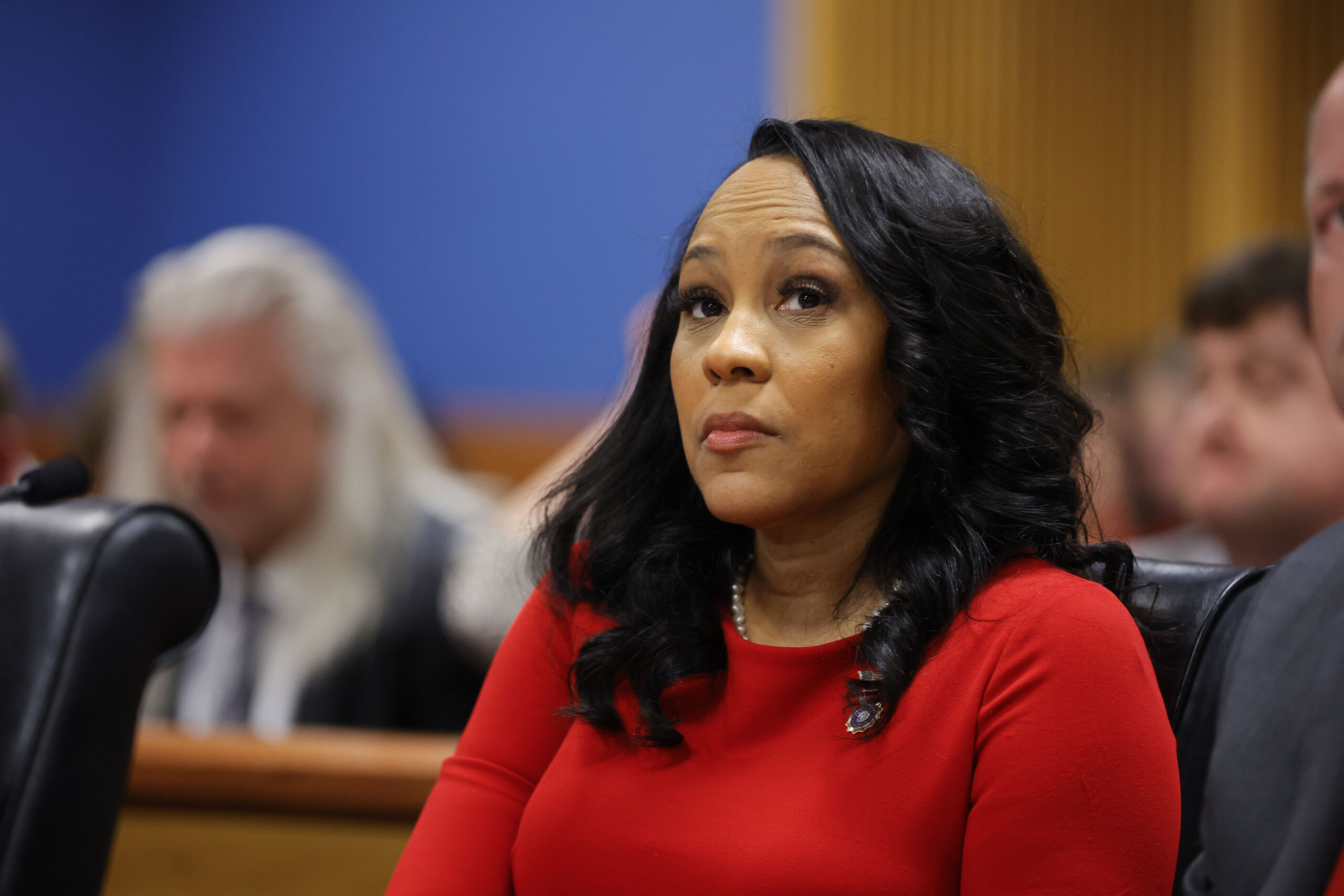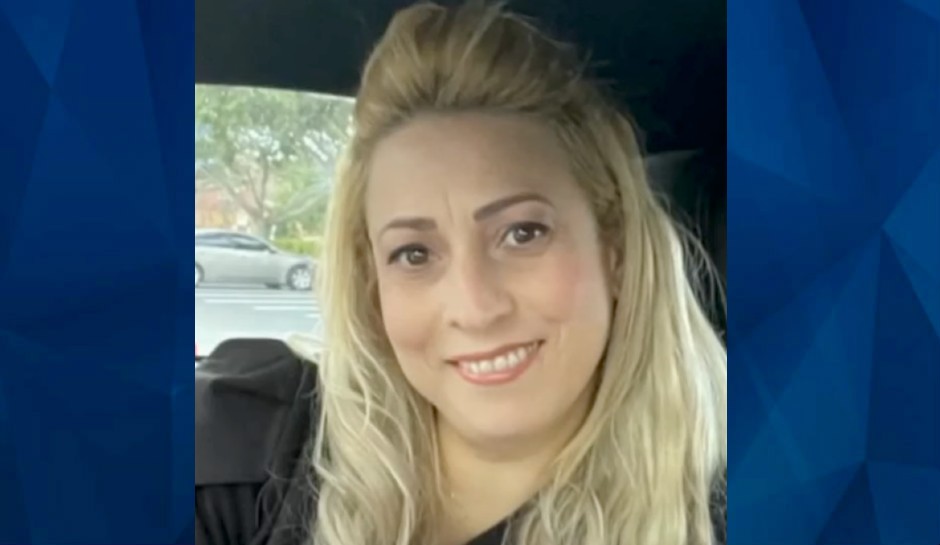
Fulton County District Attorney Fani Willis arrives during a hearing on the Georgia election interference case, Friday, March, 1, 2024, in Atlanta. (AP Photo/Alex Slitz, Pool)
A member of the Fulton County District Attorney’s Office admittedly responded unfavorably to an open records lawsuit based on the identity of the attorney filing the records requests and concomitant lawsuit, according to in-court testimony.
During a Friday hearing related to the Georgia election interference and racketeering (RICO) case against Donald Trump, attorney Ashleigh Merchant continued her questioning of the DA’s office employee about how certain public records requests were handled.
The questioning – continued from a marathon Thursday hearing – is something of a potential prelude. The plaintiffs ultimately hope to call Fani Willis herself to the stand. In due time. Perhaps.
Fulton County Superior Court Judge Rachel Krause refused to nix the possibility of Willis taking the stand. But, the court said, she wanted to first hear from the DA’s underlings before ruling on whether or not the prosecutor herself will have to answer questions under oath.
Merchant, who represents Trump’s RICO case co-defendant Michael Roman, has accused Willis and her office of violating the Georgia Open Records Act by failing to provide documents related to the employment and remuneration of Nathan Wade – the former special assistant district attorney forced to resign from the RICO prosecution due to his onetime romantic relationship with Willis.
Back on the stand to illuminate matters for the court on Friday was Dexter Bond, the deputy of operations for the DA’s office – who also serves as the agency’s records custodian.
During one contentious exchange, Merchant asked her typically combative witness about searches for information that may or may not have been made – under the terms of a subpoena or otherwise – after the lawsuit to enforce those public records requests was filed.
The witness gave a combination answer. He said he did recall being asked to perform searches “specifically in regard to” the lawsuit. Then he added that he did “not recall.”
A bit of back-and-forth ensued as Merchant tried to clarify the answer. The attorney objected when Bond first called the lawsuit “frivolous.” This objection was quickly overruled by the judge who said the witness was allowed to answer the question how he wanted.
“I received your lawsuit,” Bond continued. “Once I saw your lawsuit and I recognized who it was from, I immediately thought that this was a frivolous lawsuit and that I needed representation.”
The witness went on to say he “anticipated” the lawsuit was coming, that it was frivolous, and that Merchant was angling for a hearing. Then he added that he did not even read it once he realized what it was.
“You gave me a lawsuit,” Bond went on. “Which I thought was frivolous. I’m telling you I did not read the lawsuit. So, if you’re asking me a specific search for your lawsuit? I didn’t care about your lawsuit.”
Eventually Krause jumped in to say she agreed with Merchant. That is, the judge said the witness was going on too long without actually answering the question about the searches post-lawsuit.
Bond said one search was conducted after the subpoena was filed. Then, Merchant tried to narrow down the time frame for when specific searches might have been conducted. Again, the witness bristled.
“Your Honor, she said, did I do any searches,” Bond pleaded with the court – motioning with his hands. “I do not understand the question.”
“You can ask her to clarify,” the judge replied.
“May you clarify the question?” Bond asked again.
Merchant offered the following clarification: “Did you do any searches in regards to the issues in this lawsuit?”
To which Bond replied: “I cannot answer that question. Why? Because I thought your lawsuit was frivolous. And I’m using your terms, Your Honor, so forgive me. It did not merit any work for me because of who you are and what you alleged. So I sent it over to the Fulton County for representation. So I was not familiar with the allegations therein.”
The admission was pilloried as evidence of something amiss or incompetent within the office helmed by Willis. Clips of Bond criticizing Merchant and her lawsuit were repeatedly shared on X (formerly Twitter) by attorneys and laypeople alike.
“This is how #FaniWillis runs her office,” attorney Phil Holloway tweeted on Saturday morning. “Here’s her open records guy telling @AshleighMerchan they essentially hate her.”
Other commentary focused on the general tenor of the proceedings but was, by and large, critical of the DA’s office.
One attorney tipped their hat to Merchant.
“After watching some of this hearing,” Atlanta-based attorney Doug Weinstein tweeted, “[Merchant] has the patience of Job.”
The post ‘It did not merit any work for me because of who you are’: Fani Willis criticized over employee’s testimony during wildly contentious hearing related to Trump RICO case first appeared on Law & Crime.















 English (US)
English (US)